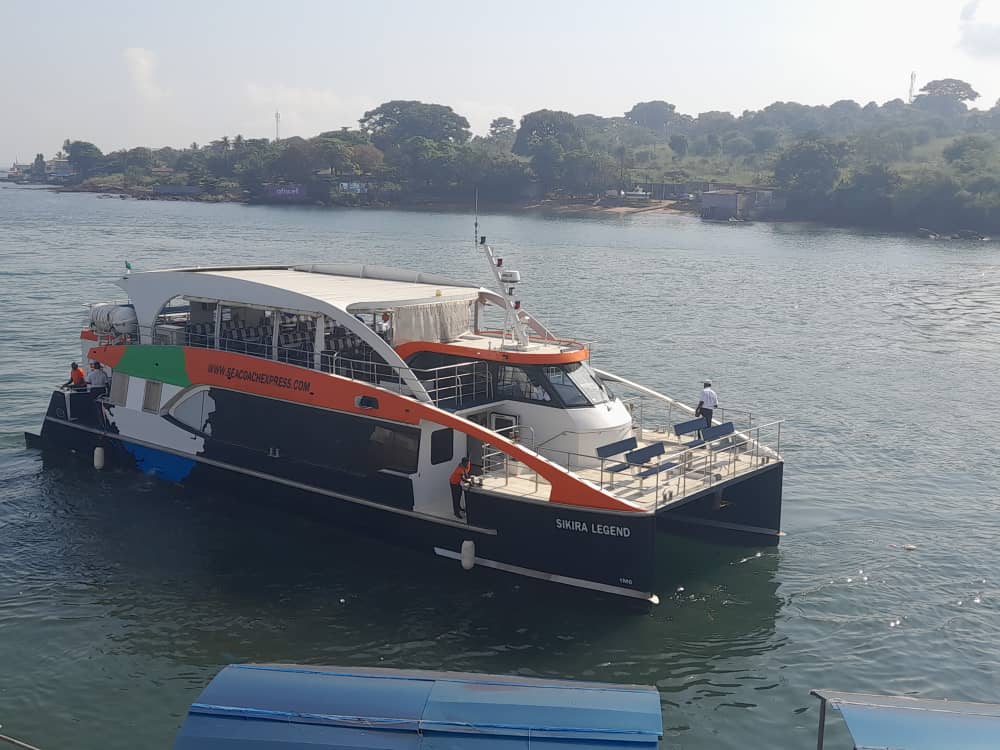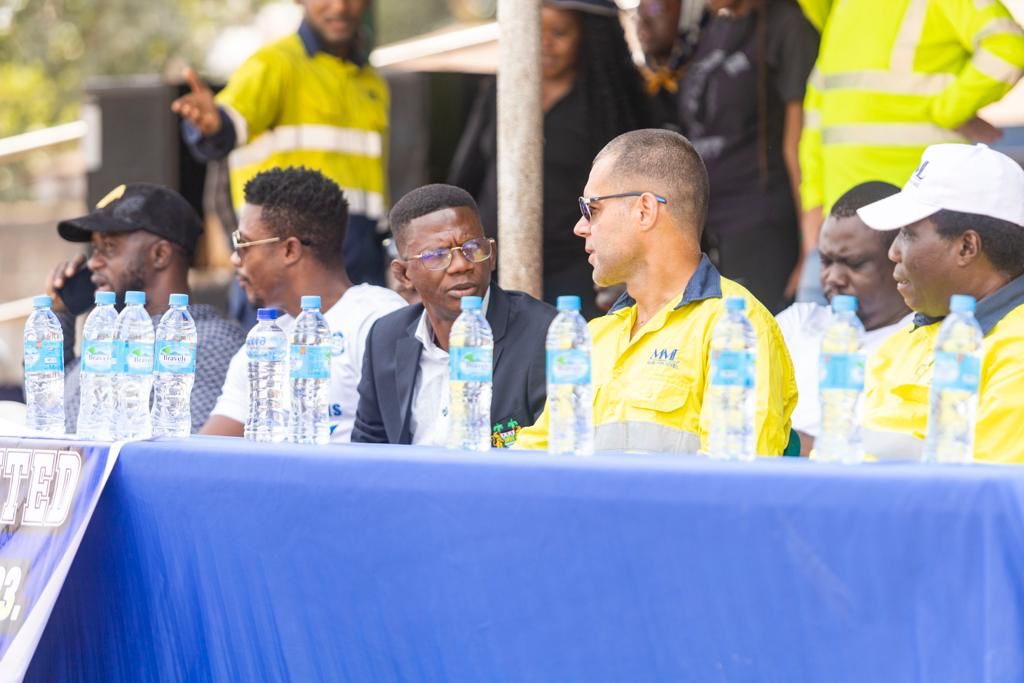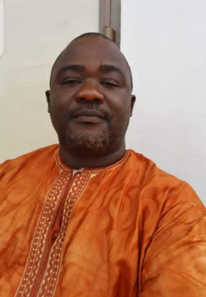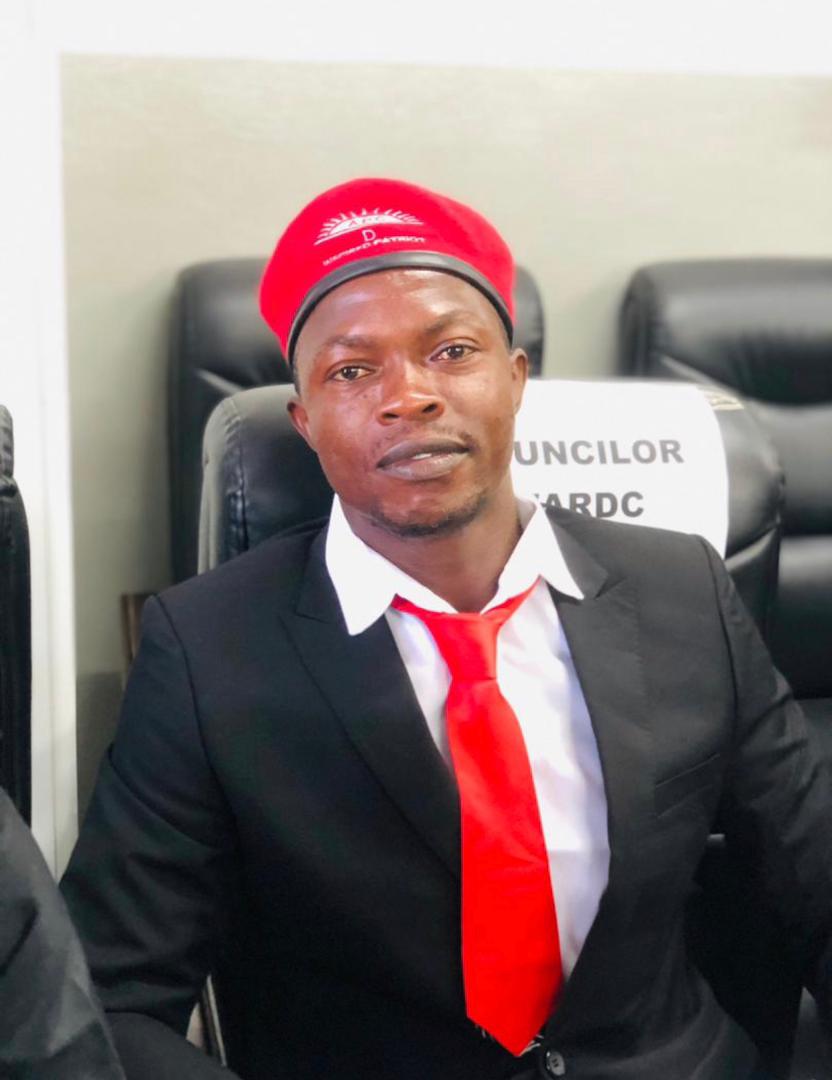BAN Accountability Forum Exposes Local Councils Financial Impropriety
By Mohamed Konneh
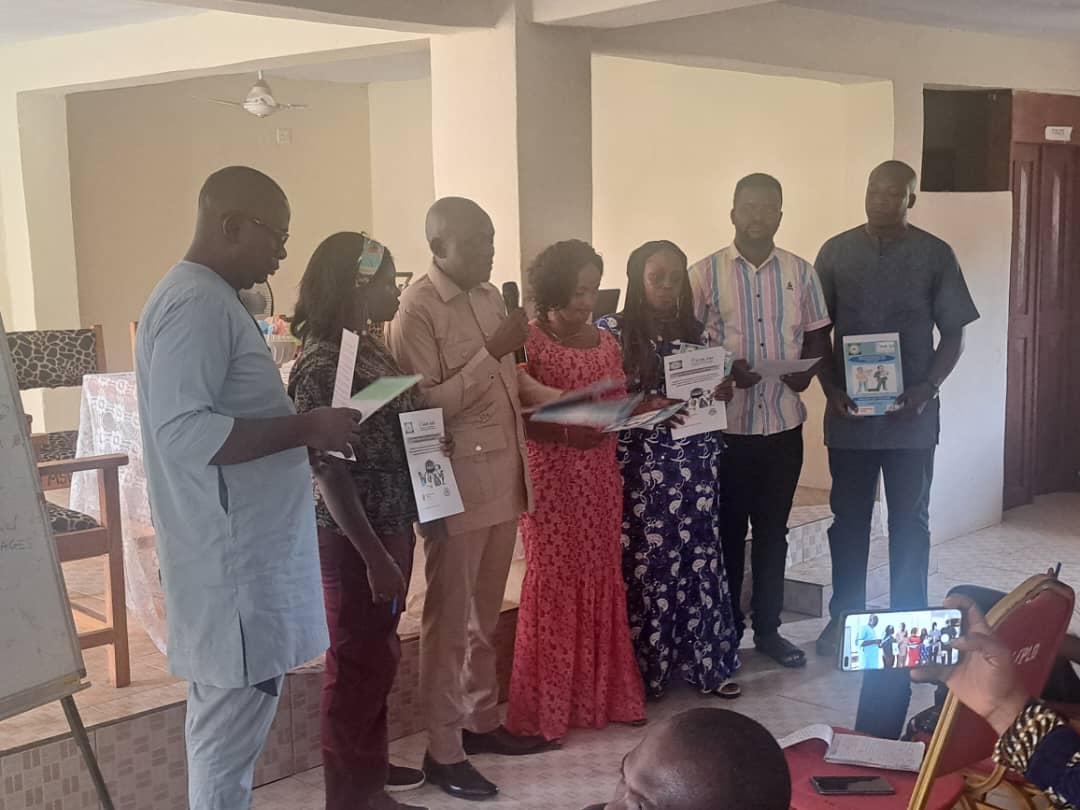
The Budget Advocacy Network with funding from Irish aid on Thursday 6th June 2024 concluded its district Accountability Dialogue in Port Loko city. The district accountability dialogue is part of the project title: Strengthening the Role of women for inclusive governance and peaceful society. The project targeted seven districts including Kono, Tonkolili, Karene, Moyamba, Kenema, Kambia and Port Loko.
The accountability dialogue exposes series of bad practices in the different councils ranging from corrupt practices, unregulated procurement and many more. The project is implemented by a consortium of civil society organizations including 50/50 Group, Talking Drum Studio and Budget Advocacy Network who lead the accountability aspect. The accountability forum was also used to present a summary report on gender budgeting, 2023 for Port Loko district council, score card on audit accountability and the 2022 highlights of the audit report
Presenting the findings on the performance of Port Loko district council the National Coordinator at BAN Abu Bakarr Kamara underscored the importance of the accountability noting that it help to improve service delivery.
Mr. Kamara noted that the council received total grant of (SLE) – Le 9,688,045.00 and total budgeted grant of (SLE) – Le 10,355,264.00 in 2022 adding that a shortfall Le (667,219.00 was recorded.
“We recorded several irregularities in revenue and cash at bank. The audit on Port Loko district council also observed the non-use of Carbon Papers in the Issuance of Receipts, duplicated Receipt Numbers, unverifiable Revenue Arrears and non-recognition of Funds Received in the Financial Statements. In all the process the Port Loko district council did not submit Documents and contracts nor did they effectively managed and enhance service delivery, Mr. Kamara narrated.
He said to improve women and civil society participation in the budget process, local Women leaders’ and CSOs’ capacities should be strengthened so as to be able to demand accountability.
He noted that community members, local authorities, and elected officials have formal platforms for mutual engagement and two-way accountability so that citizens’ concerns (especially those of women) are incorporated into local, district, and national level governance and development processes.
He uses the forum to explain the various funds that goes into the different sector while advising that women should be inform about money spent especially issues relating both sexes.
Mr. Kamara encourage councilors to be asking question relating council finances so that they can improve on the management of the resources.
In his statement the Deputy Chairman, Port Loko District Council Musa Idriss Kanu thanked BAN for the report while disassociate himself from the report noting that he was new in the office at the time of the audit.
The Deputy Chairman pointed out that as the political heads of the council they take full responsibility and encourages the council and other staff to work hard and restore the glory of the Port Loko district council.
Launching the report the Assistant Auditor General, Mr. Morie Lansana began by explaining the work of Audit Service Sierra Leone noting that the 1991 constitution spelt out the role of the Auditor General and audit service.
He said any institution that created by an act of parliament and receives funding from government or on behalf of the people is audited.
Mr. Lansana noted that after auditing, they report to parliament as this is where the work of audit service ends.
He said local councils should keep proper books of account and proper records in relation to the account.
“Councils annual account and Auditor General’s report should be presented to the council. Accountability is key in the work of the council and only by this donors will be happy to support you.
Other speakers who made valuable contribution includes Sahr Ngegba the Human Resource officer in the Council.
The objective of this project is to improve women and civil society participation in local governance, accountability and political processes.
The expected result is women leaders’ and CSOs’ capacities are strengthened to demand accountability.
It is also that community members, local authorities, and elected officials have formal platforms for mutual engagement and two-way accountability so that citizens’ concerns (especially those of women) are incorporated into local, district, and national level governance and development processes





